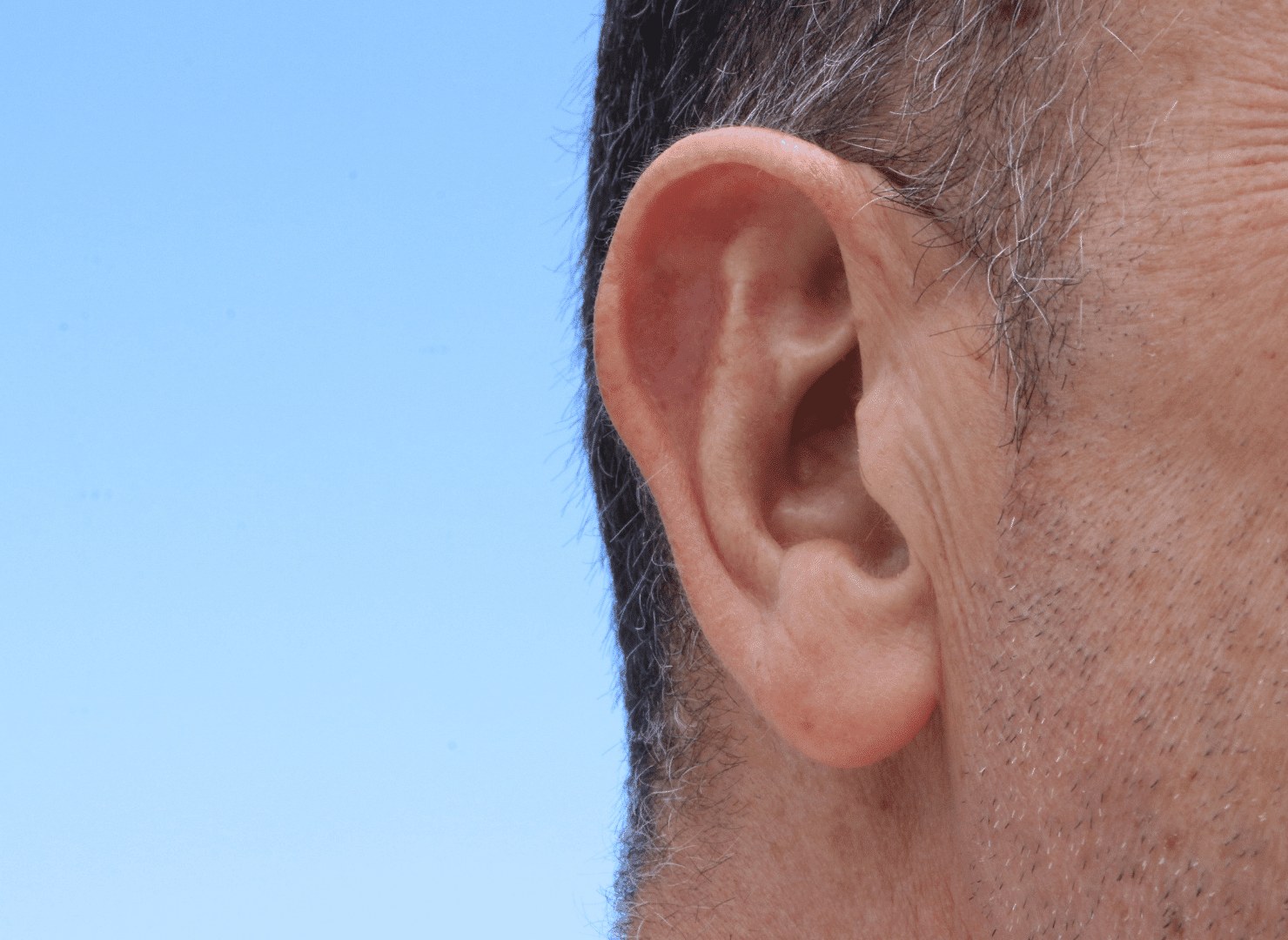Do you love swimming in lakes, oceans, and pools but are prone to ear infections afterward? Do you also suffer from hearing loss and wear hearing aids as a result? While you may need to take additional precautions to protect your ears, you shouldn’t have to miss out on the fun of swimming.
What Is Swimmer’s Ear?
According to the
Mayo Clinic, swimmer’s ear occurs in the outer ear, which is the area from your head to your eardrum. An infection of the outer ear is caused by a few things. Sticking things in your ear like a finger, swab, or pointy object can damage the skin that protects your ear canal, making you more prone to infection.
However,
swimmer's ear, also called otitis externa, is caused when you get water stuck in your ear canal. The moisture is unable to escape and bacteria starts to grow and work its way deeper into your ear. Your body’s usual methods of blocking infection from entering the ear, such as the cerumen (sticky substance that collects dead skin cells to create
ear wax and cartilage that protect the ear, may be compromised because of the bacteria growth.
You’ll know you have an infection if you notice redness, itchiness, bumps, or fluid draining from your ears. You may also start to have muffled hearing and in extreme cases, fever and pain.
Swimmer’s Ear and Hearing Aids
If you wear hearing aids, it may be easier than you think to contract swimmer’s ear. Think about an experience swimming in a lake. You would first remove your hearing aids before swimming, but after you submerge your head in the bacteria-filled water, you simply towel dry your ears to the best of your abilities and return the hearing aids to your ears.
If there is any hint of moisture still in your ears, the hearing aids trap it there and allow for the bacteria to grow. Unfortunately, this leads to infection, and a byproduct of ear infections is temporary hearing loss due to congestion and blockage in the ear. This creates a vicious cycle where you need to use a hearing aid, but they could be causing more issues.
Treating and Preventing Swimmer’s Ear
It is incredibly important to treat ear infections before they get worse. According to
Penn Medicine, the best first step is to contact your physician. They can take a look inside your ears to see if there is a blockage and remove debris if necessary.
A physician can also prescribe
ear drops to treat and prevent infection. Always listen to their advice when it comes to your hearing! You may think you can dig around and remove residue from your ear yourself, but this could cause serious damage.
If your ears itch even after using ear drops, try a warm compress to see if the sensation lessens. Additionally, avoid getting water in your ears, even when showering, because this will counteract the healing process. If after a week of treatment you still experience issues, go back to your doctor. To prevent swimmer’s ear in the future, use earplugs while swimming and hydrogen peroxide after swimming to keep your ears dry, happy, and ready for hearing aids!
By: Diana Ford
Sources: Mayo Clinic, Penn Medicine




